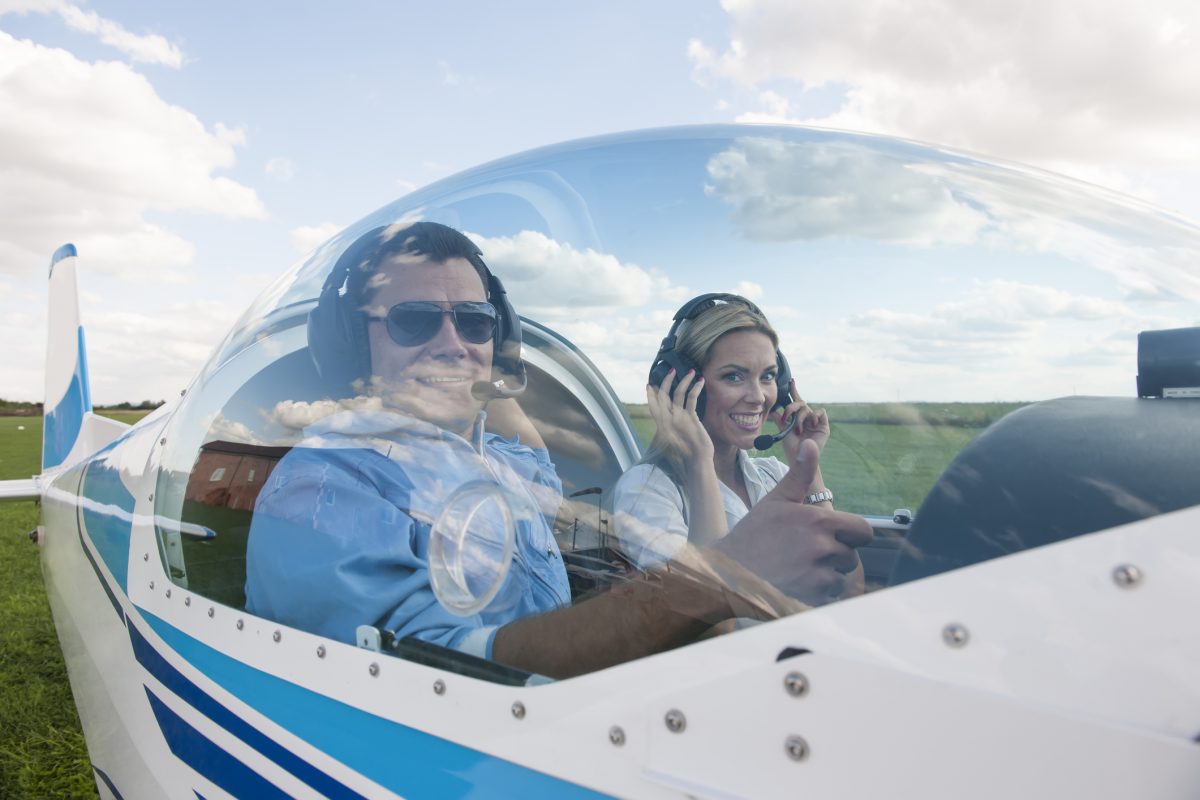
Becoming a pilot is about more than training and building flying skills. Beyond the technical abilities required to earn their wings, pilots must also develop a balance of leadership skills, discipline, critical thinking skills, and a proper attitude. And while no two pilots are exactly the same, there are several qualities that are common among successful pilots. Here are a few examples of positive traits that great pilots share.
Attention to detail
When it comes to flying, small mistakes can make a big impact, and there’s little room for error in the skies. Throughout all stages of flight, whether it’s following a preflight checklist or calculating course corrections, pilots need to have a high level of attention to detail and precision to promote better flight safety.
Situational awareness
Situational awareness is a critical aspect of risk management that refers to a pilot’s mental picture of the aircraft’s physical position in space and its relation to the elements of flight and is a critical factor of risk management in flying. Proper situational awareness includes being aware of flight conditions, flight operations, weather systems, as well as environmental factors such as proximate terrain, airspace restrictions, obstructions, and impending weather systems. Simply put, situational awareness is knowing what’s happening around you during flight and anticipating future events. Inadequate situational awareness can lead to loss of control accidents, airspace infringement, controlled flight into terrain, or encountering unexpected hazardous weather conditions.
Self-confidence
Self-confidence is another common trait among great pilots. Too much confidence can develop into arrogance, but too little confidence can be considered equally as dangerous. For example, a pilot who lacks self-confidence may second-guess their decisions, which in turn hinders their ability to handle in-flight emergencies. Pilots must have a level of confidence in their skills and trust their own decisions to be successful.
Humility
The best pilots have confidence, but they also recognize the value of humility. Humble pilots know that no matter how well-trained or naturally talented they may be, there’s always room for improvement. They are willing to admit their mistakes and seek guidance or advice from more experienced pilots to improve their flying skills.
Clear communication skills
Effective communication skills are important in all aspects of life, but communication is particularly essential in aviation. Ineffective verbal communication between pilots and air traffic controllers can have serious implications and communication errors are frequently cited as causal factors in aircraft accidents and incidents. Great pilots use strong verbal communication skills to convey information clearly, effectively, and concisely.
Ability to remain calm under pressure
Pilots must be able to remain calm and collected, especially in emergency situations. Even when the unexpected occurs, good pilots are able to think clearly and stay focused on flying the plane.
Desire to learn
The best pilots are lifelong learners. They pursue opportunities to increase their aviation knowledge and refine their skills, no matter their experience level. When they’re not flying, they spend time participating in continuing education programs, training for new ratings, and keeping up with the latest safety information to become even better pilots.
What are some other qualities you’ve noticed in successful aviators? Let us know in the comments below!